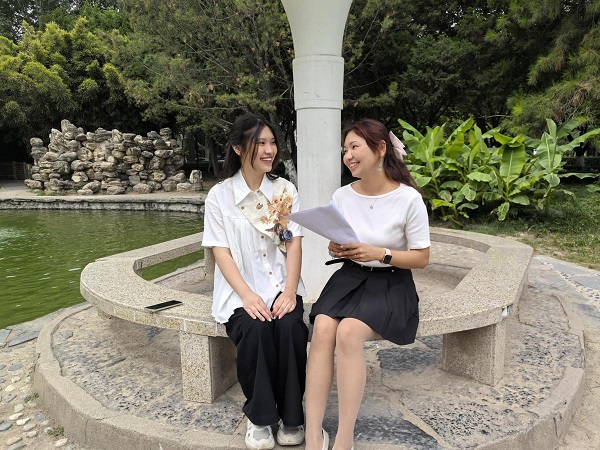XJTU makes breakthrough on mechanisms of vascular inflammation
Xi'an Jiaotong University (XJTU) contributed to research on vascular inflammation mechanisms and produced an academic paper published in Blood, a top-tier international journal.
The cover paper titled Mechanosensation by endothelial PIEZO1 is required for leukocyte diapedesis gathered synergy from Professor Wang Shengpeng at the university's Health Science Center, Professor Yuan Zuyi at XJTU First Affiliated Hospital, and Stefan Offermanns at the Max-Planck-Institute in Germany.

They found that leukocytes are intervened by the shear stress of blood flow during the transvascular transfer process, which causes tension in the vascular endothelial cell membrane to increase. This mechanical force is sensed by the Piezo1 ion channel, causing the increase in internal calcium, thereby activating endothelial cells, causing endothelial cells to shrink and barriers to open, and finally inducing leukocytes to complete the transfer.

Piezo1 is a new type of mechanosensitive ion channel discovered by Nobel Prize laureate Arderm Potapotian, and plays a role in mechanosensory in cardiomyocytes, vascular smooth muscle cells, skeletal stem cells and adipocytes.
"This work solves a key problem that has been urgently needed for nearly 20 years. Piezo1 has been discovered as a key ion channel for leukocytes to activate endothelial cells and stimulate endothelial cell calcium signals, revealing a new mechanical mechanism for leukocyte transvascular transfer," said Peter L. Hordijk, an authoritative scholar.

